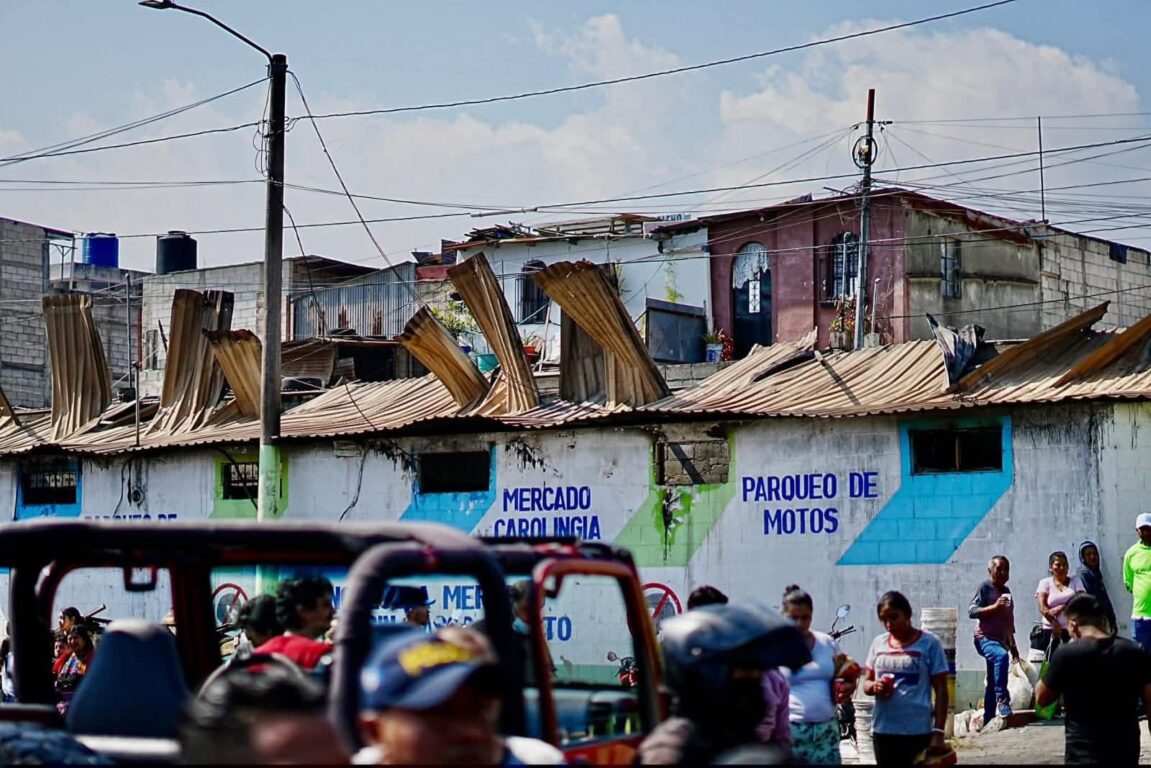8 June 2009
In the wake of mass protests against the proposed forced relocation of 7 000 – 10 000 informal workers in and around the Warwick Junction Early Morning Market, the following call was made at the 98th session of the International Labour Conference of the ILO to bring local governments into global economic crisis recovery plans.
Address to Committee of the Whole on Crisis Responses
Agenda Item VII
98th Session of the International Labour Conference (June 2009)
This intervention is about the effects of the global crisis on workers in the informal economy – meaning both precarious wage workers and own-account workers in one integrated economy (not two parallel economies) as described in Clause 4 of the ILO`s 2002 Conclusions on Decent Work and the Informal Economy. Labour markets in many developing countries have well over half their workers (this committee has heard that in India it is 92%) struggling to eke out livelihoods in various forms of precarious and informal work.
There is a myth that these workers are somehow cushioned against the effects of the crisis. On the contrary, precarious contracts are often the first to be terminated – without even being recorded in the (already bad) official job-loss statistics.
Local governments – who regard themselves as not being responsible for labour market issues – are exacerbating this trend as they respond to the crisis by terminating temporary contracts of precarious workers who have been with them for 10 – 15 years, sometimes more. They are also evicting informal traders from the public space which constitutes their workplace without proper consultation regarding alternatives, in their misguided attempts to attract infrastructure investment by selling off public assets to private property developers.
This is not only destroying the livelihoods of large numbers of precarious and informal workers, but also having negative effects on the food security of poor consumers by eliminating their access to cheaper basic fresh food and household goods, as traditional market-places (instead of being improved and upgraded) are being replaced by new multinational retail malls.
In line with the ILO Declaration on Social Justice for Fair Globalisation, the Strategic Policy Framework 2010 – 15 and the proposed ILO Global Jobs Pact, we urge governments to bring their local government authorities into their economic recovery plans as a matter of urgency, and:
- encourage them to adopt LED (Local Economic Development) strategies promoting retention of employment and existing livelihoods, and promoting innovative local social protection schemes, as their contribution to economic recovery;
- sensitise them about the negative long and medium-term consequences of any short-term measure which has the effect (albeit unintentional) of destroying livelihoods, especially of the most vulnerable workers, during the global economic crisis;
- urge them to engage in extensive and effective social dialogue with objective of:
- being fully accountable to their civil society constituents;
- improving levels of transparency about development decisions involving public assets;
- engaging the participation of the most vulnerable workers in the solutions at local government level contributing to national economic recovery plans.
Such social dialogue should complement other levels of collective bargaining and social dialogue (i.e. bipartite, tripartite, multi-partite, national and international) with all social partners, including organized informal economy workers.
Presented by: Pat Horn
International Co-ordinator
StreetNet international
on behalf of WIEGO (Women in Informal Employment: Globalising and Organising)
Palais des Nations, Geneva
5 June 2009


